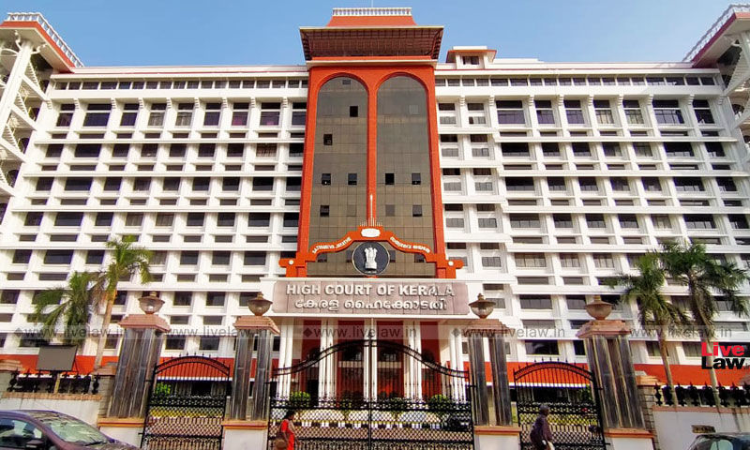Primary Objective Of Court Is To Render Justice, Not To Uphold Technicalities: Kerala High Court
Hannah M Varghese
3 Sept 2021 7:48 PM IST

Next Story
3 Sept 2021 7:48 PM IST
The Kerala High Court on Friday while hearing the plea seeking early administration of the second dose of the Covishield vaccine observed that the primary duty of the Court is to render justice and not to uphold technicalities. Justice P.B. Suresh Kumar commented so while responding to the argument posed by the respondent that a writ petition seeking relief of mandamus will not stand if...
